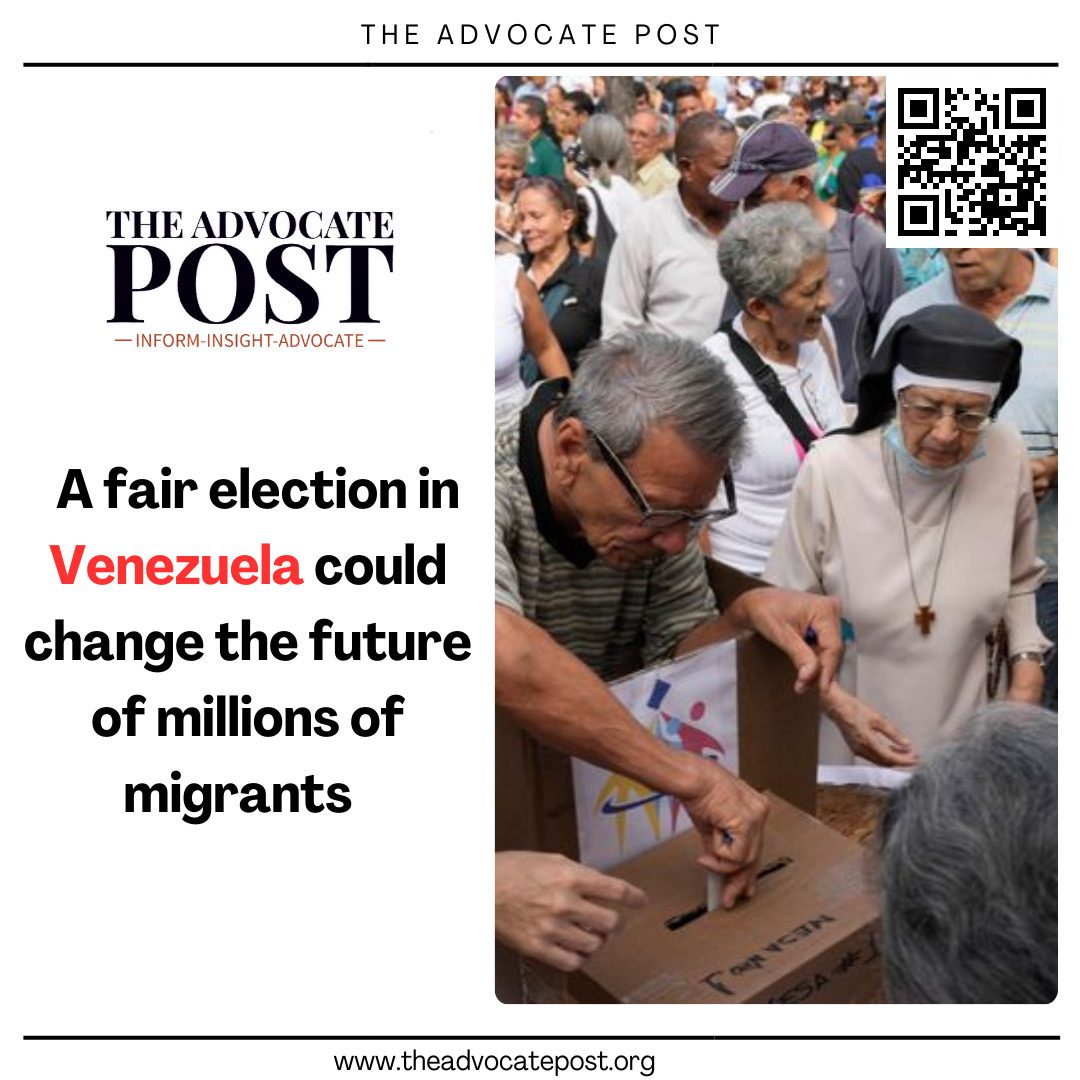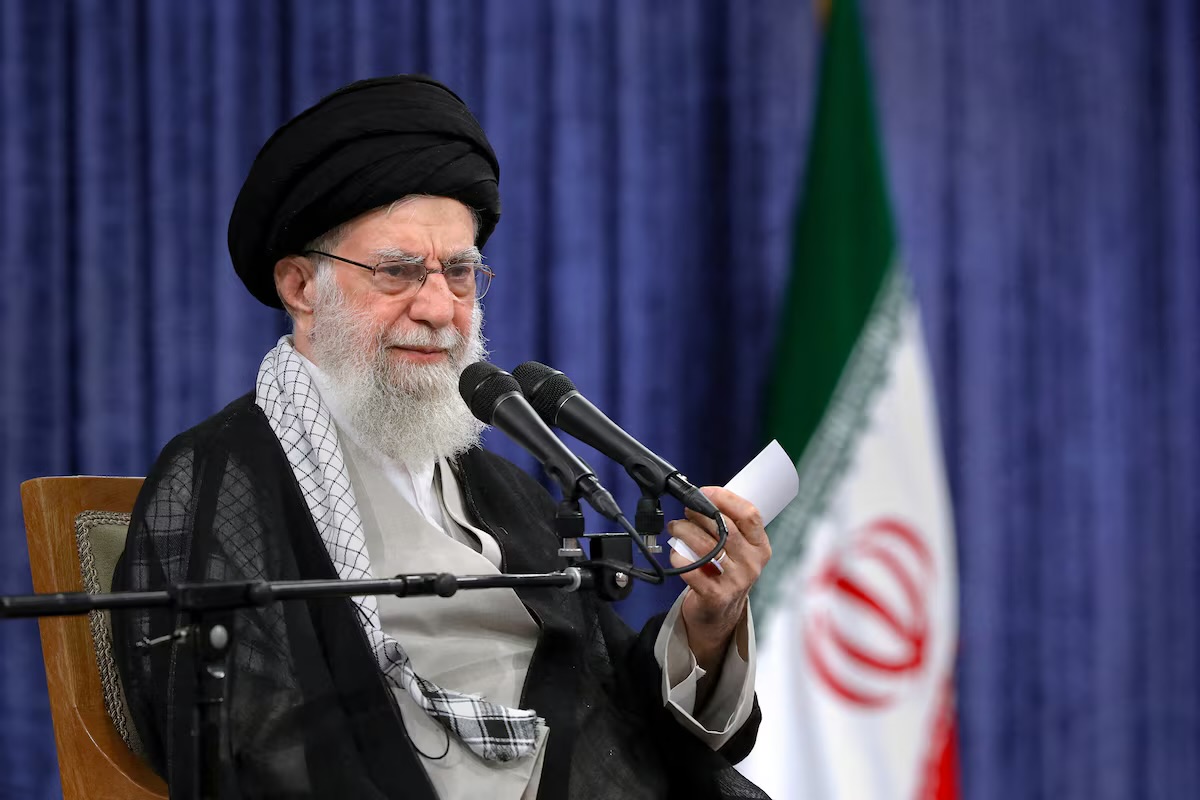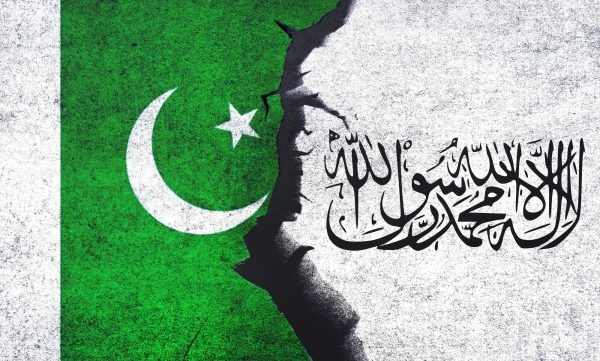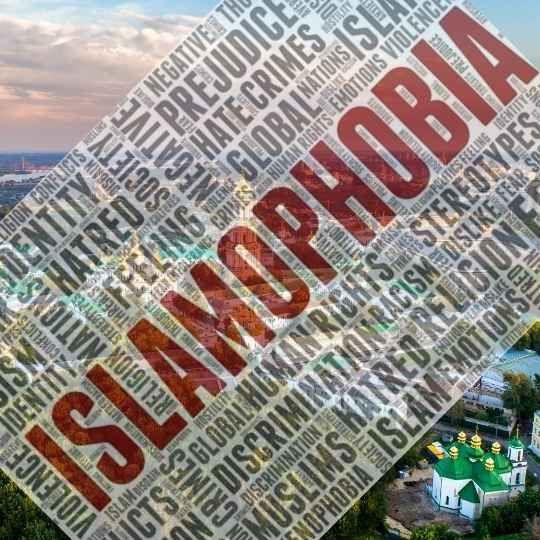News Desk
A neighborhood named Unir II on Bogota’s 77th Street is quietly becoming Barrio Hugo Chavez, unofficially named after Venezuela’s late president.
Over seven million Venezuelans have fled their country in the past decade, many now finding refuge in Bogota. The city hosts numerous informal communities where migrants band together to aid integration and combat feelings of sadness and longing for home.
Maria Alvarez, a 27-year-old single mother from Valencia, Venezuela, left her homeland in 2017 with her son Gabriel, who was then just one year old. They haven’t returned since, and Gabriel knows his grandparents only through photos on his mother’s phone and occasional video calls.
“Everyone left… I have family in Brazil, the US, here in Colombia, Ecuador, and Chile too. We’re all abroad: uncles, aunts, cousins… only my mom, dad, and one brother remain in Venezuela,” Alvarez shared with media.
Most of these seven million migrants departed Venezuela after 2014 due to an economic and political crisis exacerbated by a sharp decline in oil prices, a major Venezuelan export. Widespread corruption and governmental mismanagement further contributed to the crisis, according to the United Nations.





